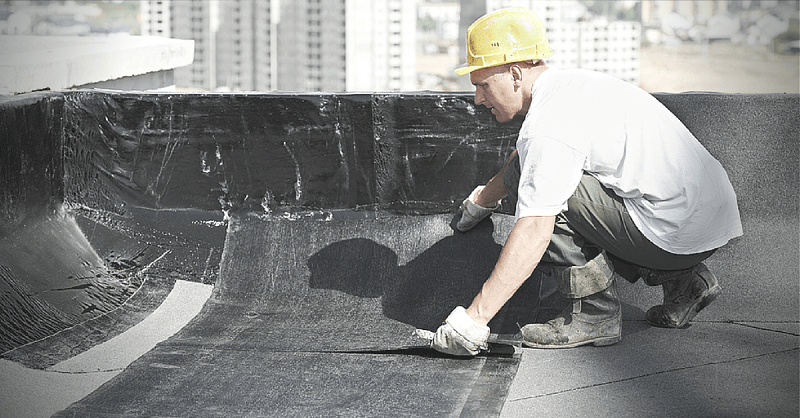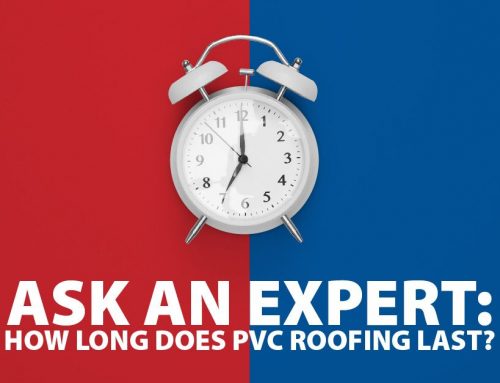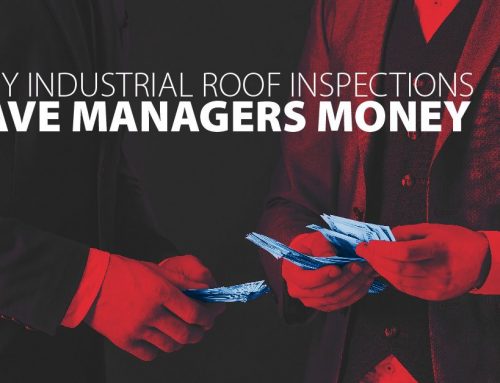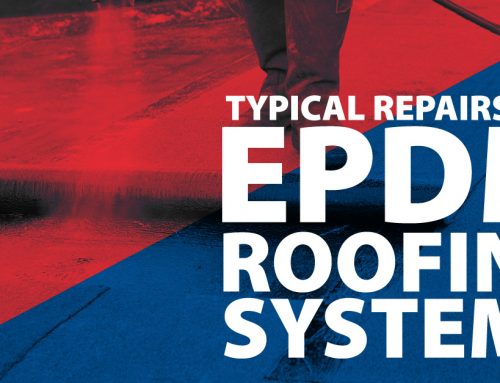
Modified bitumen roofs have weak spots, among them surface deterioration, from bird droppings, and poor application of hot asphalt with roofing mops. Weakness in your roof translates to leaks; leaks can shutter your operation. Jewett Roofing can keep your roof intact with modified bitumen repair, keeping your company open for business.
Economics
Modified bitumen roofing is a weight-saving, cost-saving roofing technique that is ideal for many flat and low-slope commercial roofs. It eradicates heavy gravel, provides elasticity like single-ply membrane, and is as durable as built-up roofing. Not only is modified bitumen economical to install, it maintains easily and can be repaired quickly with minimal cost.
Sure Seams
No roofing material is complete armor. Modified bitumen combines the tried-and-true waterproofing of bitumen with the modification of strong polymers rolled out in sheets. Since it is a rolled material, its weak spots are its seams and laps.
When the modifier is styrene-butadiene-styrene (SBS), seams are handled with hot asphalt applied with mops. The hot asphalt must go down at just the right temperature to seal the seam but not so hot as to damage the polymer. This is why mops can be the enemy—in the hands of inexperienced roofers, modified bitumen will fail at the laps.
When the modifier is atactic polypropylene (APP), seams are heat-welded by torch or cold-sealed with adhesives. In either case, seams are the most common source of leaks, and the first point of attack during modified bitumen repair. Jewett Roofing can seal those seams, preventing costly leaks.
About Those Birds
Acidic bird droppings break down the surface of modified bitumen. To minimize the need for modified bitumen repair, schedule regular maintenance to keep the surface free of bird droppings. Other common defects:
- APP surfaces—crazing and cracking, blisters, and exposed flashings
- SBS surfaces—granule loss, cracking and blisters
To determine the need for modified bitumen repair, have a professional roofer walk the surface with you, but remember that the surface is vulnerable to wear from heavy foot traffic. All low-slope roofs are inherently dangerous—wait to walk with a qualified commercial roofer familiar with OSHA safety requirements, rather than inspect your roof yourself.
While on your St. Louis company’s roof, we can show you how ponding and ultraviolet radiation from sunlight worsen any flaws in your roofing, and how modified bitumen repair can preserve your business.
For help with your flat roofing repair needs, contact the Jewett Roofing team.
Contact Jewett Roofing





